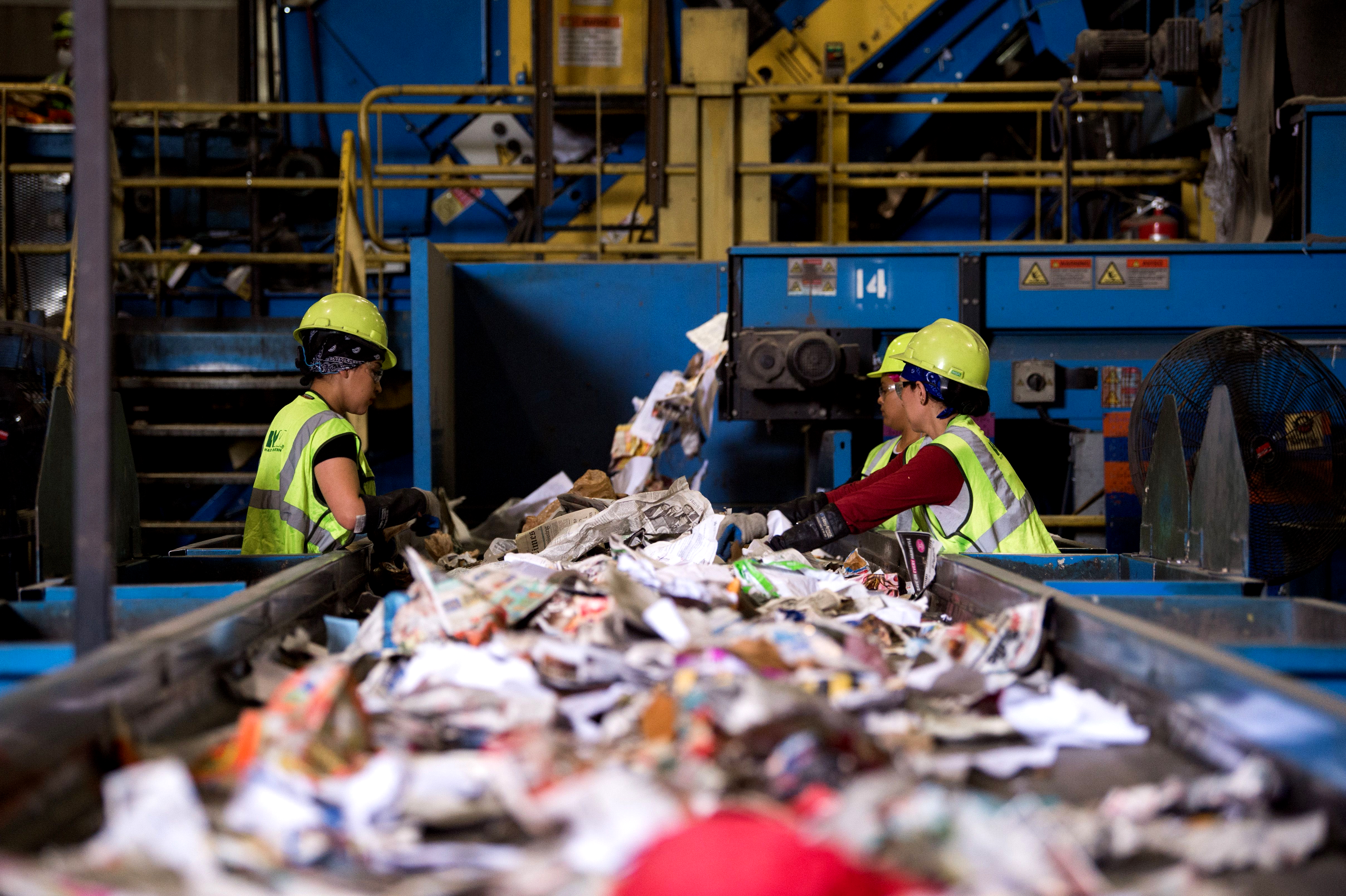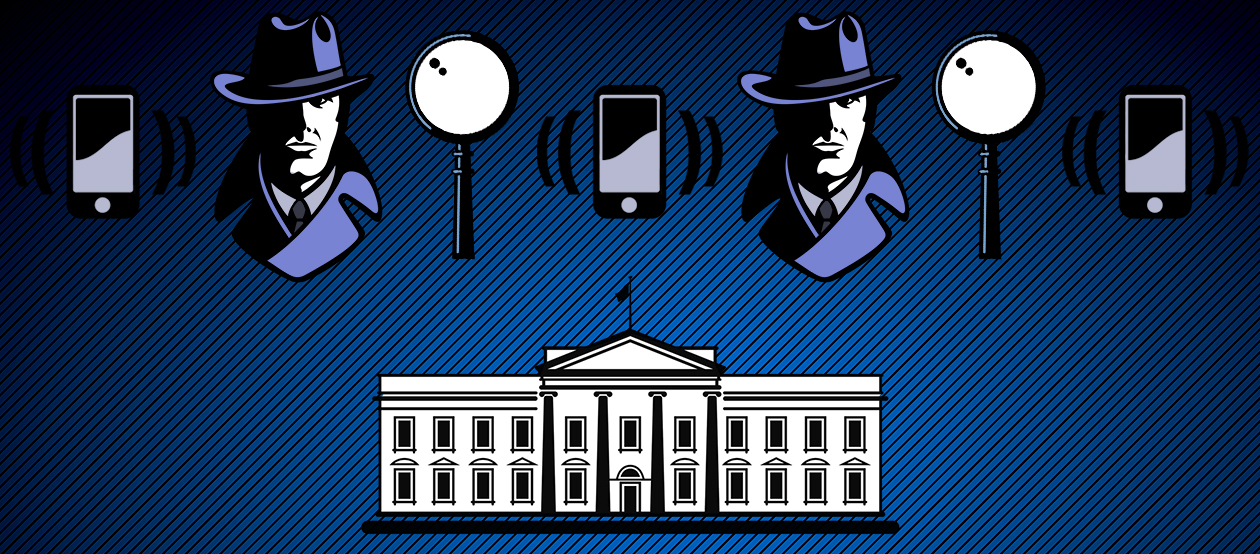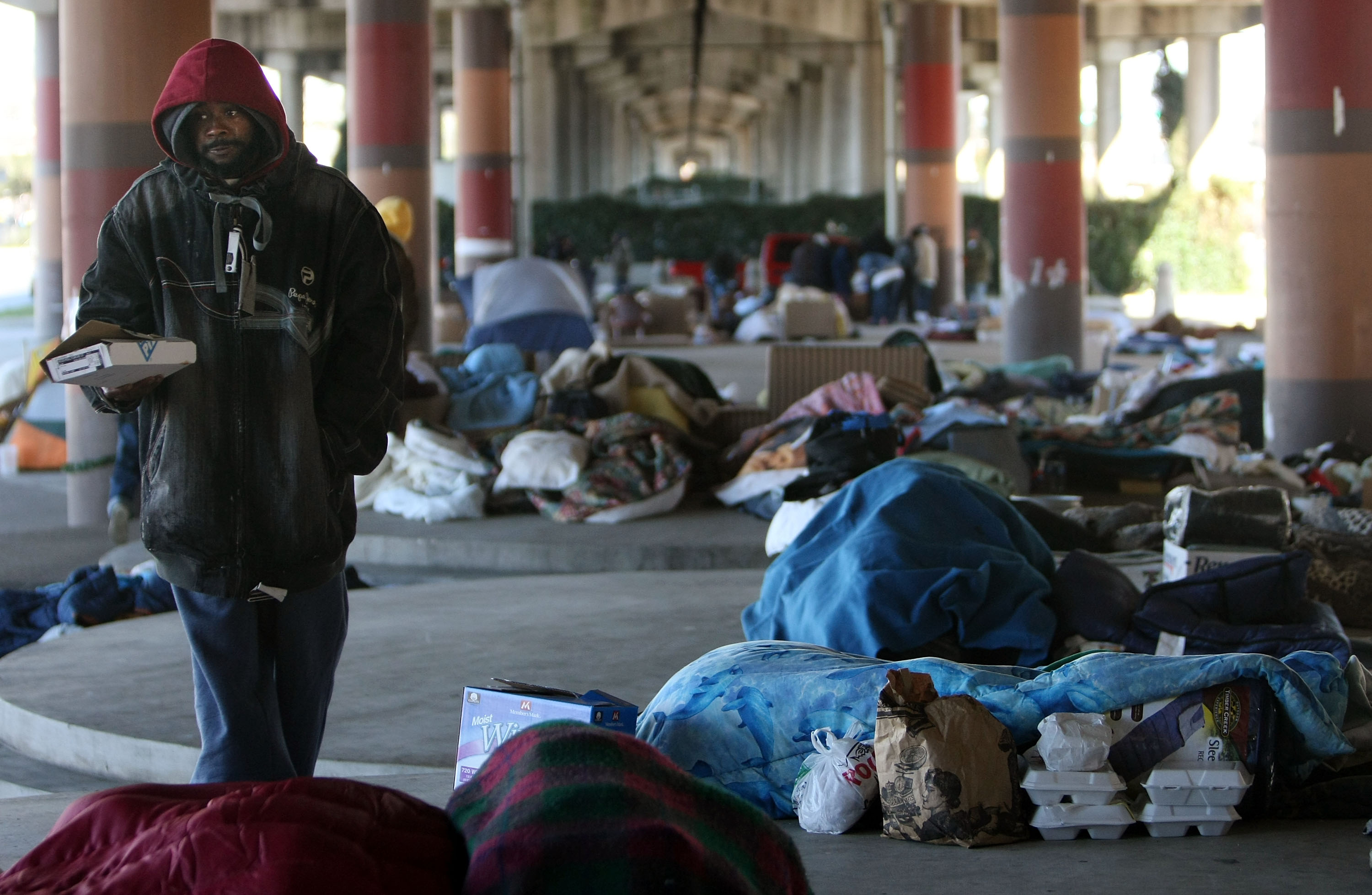What if the NSA reinvented itself as a consumer products company?
Might as well put Big Data to use


A free daily email with the biggest news stories of the day – and the best features from TheWeek.com
You are now subscribed
Your newsletter sign-up was successful
Miley did it. Pistachio nuts are doing it. Lady Gaga does it every year.
Maybe it's time the National Security Agency thought about rebranding.
Blessed with the best scientists and technologists in the world, campuses in dozens of countries, data repositories that most companies couldn't dream of, and a reputation for cutting-edge innovation, the NSA's next director might want to do more with his organization's assets than mere intelligence gathering and Big Brothering.
The Week
Escape your echo chamber. Get the facts behind the news, plus analysis from multiple perspectives.

Sign up for The Week's Free Newsletters
From our morning news briefing to a weekly Good News Newsletter, get the best of The Week delivered directly to your inbox.
From our morning news briefing to a weekly Good News Newsletter, get the best of The Week delivered directly to your inbox.
If the NSA rebranded itself as a consumer products company, its customer solutions center might finally deserve its name. Since the NSA no longer has to keep its methods secret, why not put them to good use?
The idea came to me this weekend, when I relinquished my wallet and cell phone to thieves. Apple allows you to geolocate your stolen phone, but the thieves were smart and turned the phone off, probably even taking out the battery. We've learned that the NSA has ways of activating tiny residual power supplies within the guts of a phone, so I was thinking: Wouldn't it be great if, for a fee, the NSA could spray the area where I lost my phone with photons targeting the digital identity associated with my phone. They could commander cell towers and send out those pulses, and by some technological wizardry, force my dormant phone to ping the nearest tower(s). That way, I could give the police the coordinates and let them recover my property.
If you're a parent, and you want to track your kids, the NSA's Parental Shield program allows you to keep track of the metadata associated with each telephone call or text message that's sent or received from your child's phone. Heck, with or without the kid's agreement, the NSA could even allow parents to monitor the content of those calls in real time, courtesy of its NUCLEON or PINWALE databases.
Kid goes to a party and you worry that he's up to no good? The NSA can remotely active his cell phone to take a picture of his surroundings, so you can see whether he's in the company of bongs or billiard balls. Speaking of balls, I suppose the service could be useful for amateur detectives on the hunt for cheaters, too.
A free daily email with the biggest news stories of the day – and the best features from TheWeek.com
Under NSA's Money Box program, implants inside of credit cards — the newer ones without magnetic strips — could reduce fraud to zero. Since the NSA is able to collect geographic metadata from just about any company in the world, parents can let their children go on trips anywhere and still be able to keep tabs on their location.
Imagine a NSA smart watch; the Pebble and Galaxy Gear: Meet Snort. It's not just a repository of computer network exploitation tools, it's a brutally efficient atomic clock, navigation device, virtual credit card, and calorie counter. Not only does it tell time, it can subtly alter the time of other clocks around it, meaning that you'd never be late for a key meeting. It could tell you everything about everyone around you — ok, maybe people might have to opt in, but it's only privacy we're worried about it, not anything that actual consumers seem to have a problem with. It could alert you to stay away from people you don't like. Every day, download your data to your phone or computer. You'll be able to see how far you've walked, how many calories you've burned, and the probability that people you came into contact with were associated with Al Qaeda or an affiliate.
If anti-virus software was touted as "NSA Approved! — Not Even We Could Break Through (Wink)" it could sell millions of copies.
Secure encryption...maybe quantum encryption? "So Secure, We Can't Tell You How Much We Spend A Year Trying To Break It Lest Switzerland Find Out."
There are, I'm sure, laws and stuff to prevent the NSA from actually entering the consumer space. But an easily intercepted wireless writer can dream, eh?
Marc Ambinder is TheWeek.com's editor-at-large. He is the author, with D.B. Grady, of The Command and Deep State: Inside the Government Secrecy Industry. Marc is also a contributing editor for The Atlantic and GQ. Formerly, he served as White House correspondent for National Journal, chief political consultant for CBS News, and politics editor at The Atlantic. Marc is a 2001 graduate of Harvard. He is married to Michael Park, a corporate strategy consultant, and lives in Los Angeles.
-
 How Democrats are turning DOJ lemons into partisan lemonade
How Democrats are turning DOJ lemons into partisan lemonadeTODAY’S BIG QUESTION As the Trump administration continues to try — and fail — at indicting its political enemies, Democratic lawmakers have begun seizing the moment for themselves
-
 ICE’s new targets post-Minnesota retreat
ICE’s new targets post-Minnesota retreatIn the Spotlight Several cities are reportedly on ICE’s list for immigration crackdowns
-
 ‘Those rights don’t exist to protect criminals’
‘Those rights don’t exist to protect criminals’Instant Opinion Opinion, comment and editorials of the day
-
 The recycling crisis
The recycling crisisThe Explainer Much of the stuff Americans think they are "recycling" now ends up in landfills and incinerators. Why?
-
 The L.A. teachers strike, explained
The L.A. teachers strike, explainedThe Explainer Everything you need to know about the education crisis roiling the Los Angeles Unified School District
-
 The NSA knew about cellphone surveillance around the White House 6 years ago
The NSA knew about cellphone surveillance around the White House 6 years agoThe Explainer Here's what they did about it
-
 America's homelessness crisis
America's homelessness crisisThe Explainer The number of homeless people in the U.S. is rising for the first time in years. What’s behind the increase?
-
 The truth about America's illegal immigrants
The truth about America's illegal immigrantsThe Explainer America's illegal immigration controversy, explained
-
 Chicago in crisis
Chicago in crisisThe Explainer The "City of the Big Shoulders" is buckling under the weight of major racial, political, and economic burdens. Here's everything you need to know.
-
 The bad news about ISIS's defeat in Ramadi
The bad news about ISIS's defeat in RamadiThe Explainer The contours of a broader sectarian war are coming into focus
-
 America can still destroy the world
America can still destroy the worldThe Explainer The decline of U.S. military power has been greatly exaggerated
